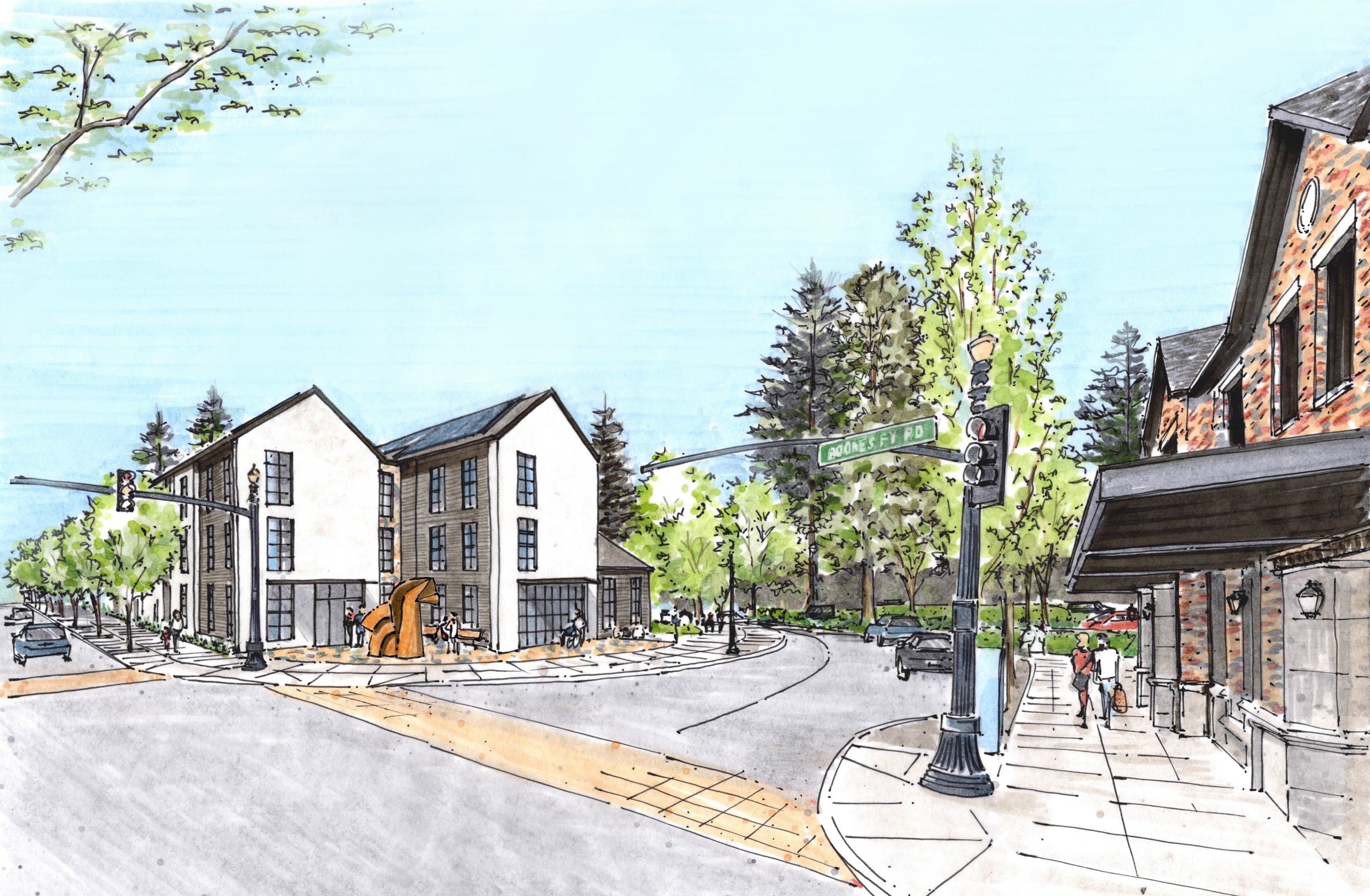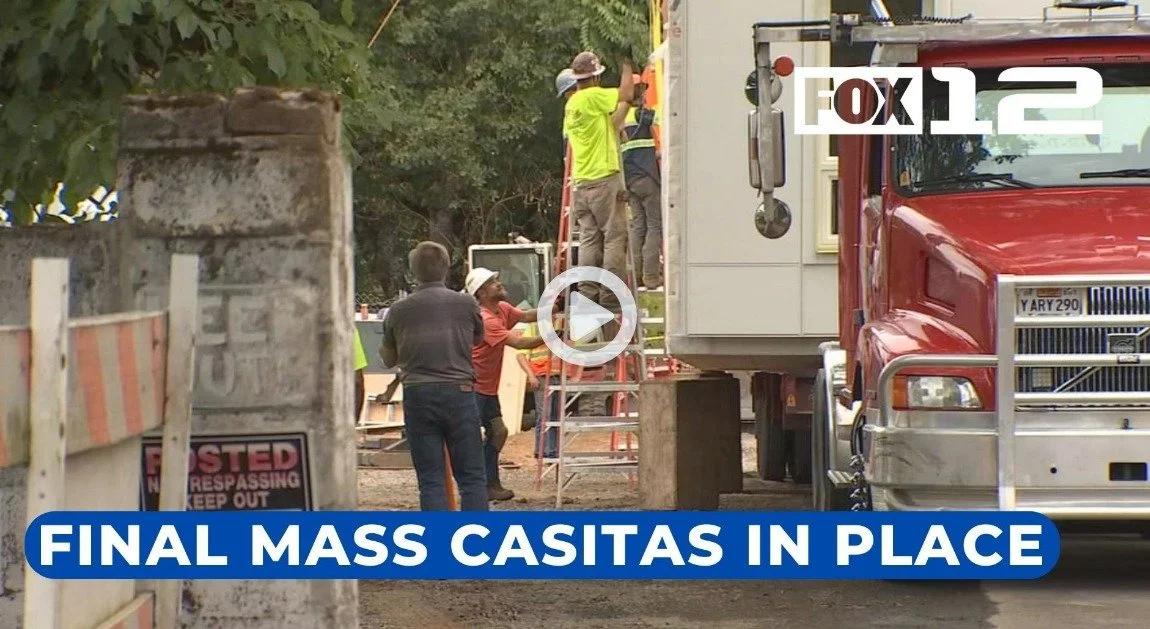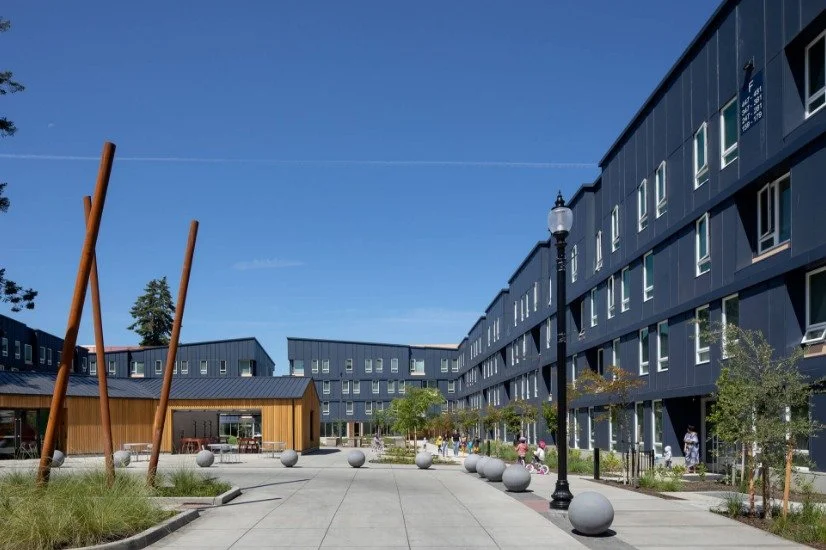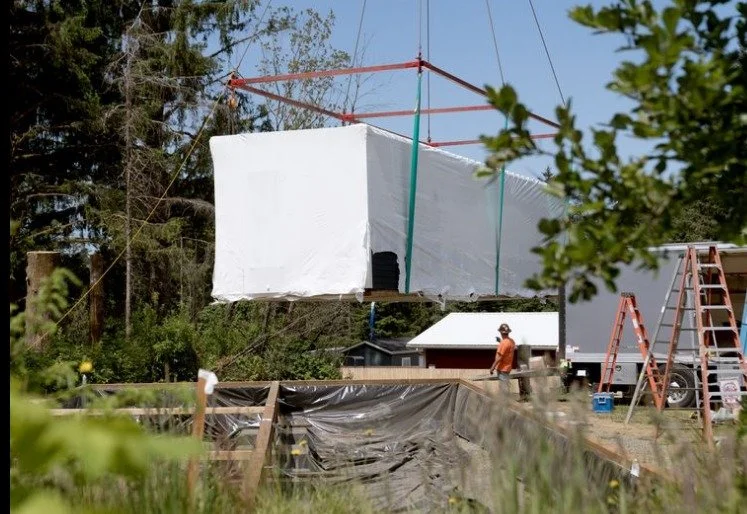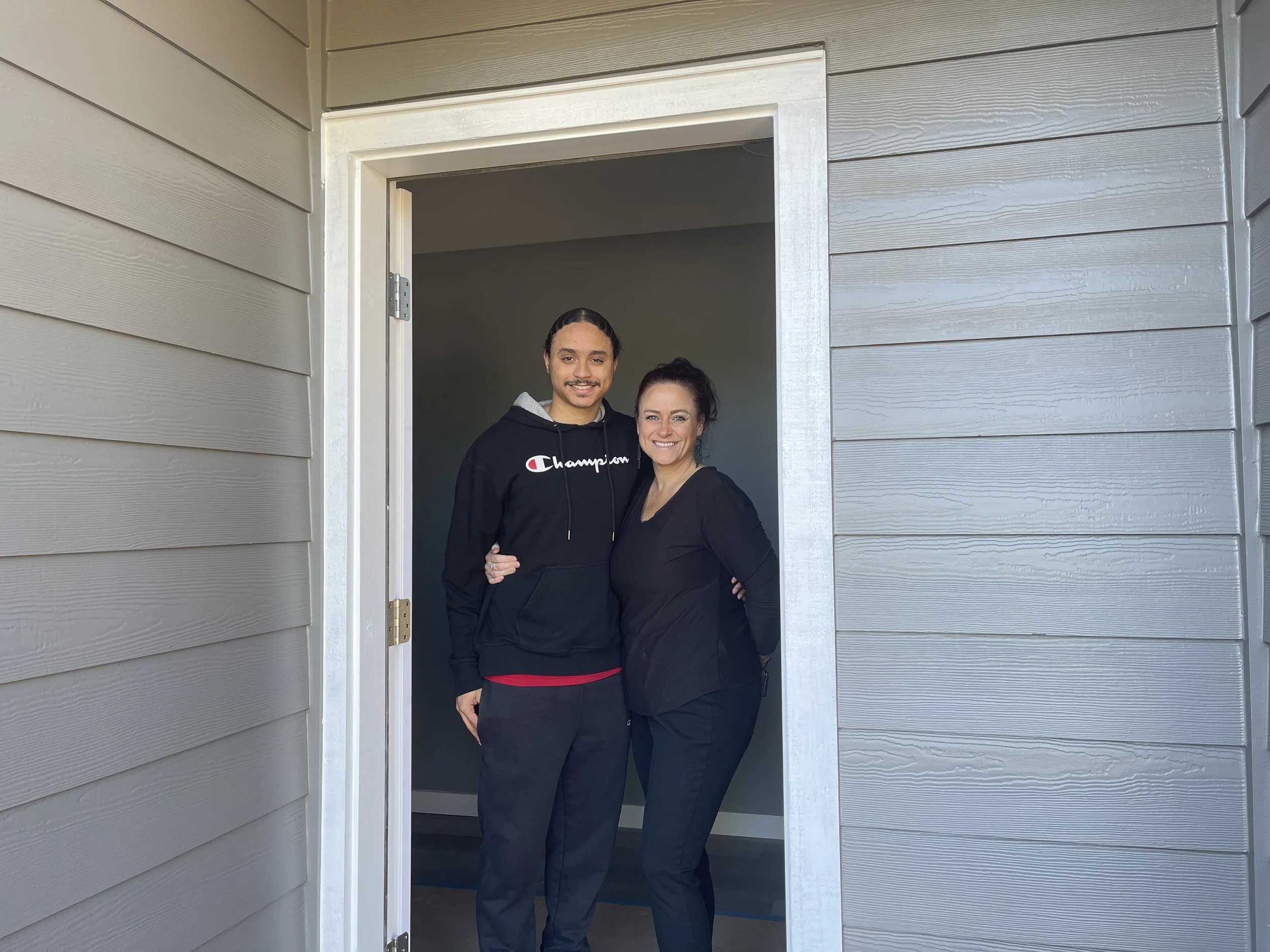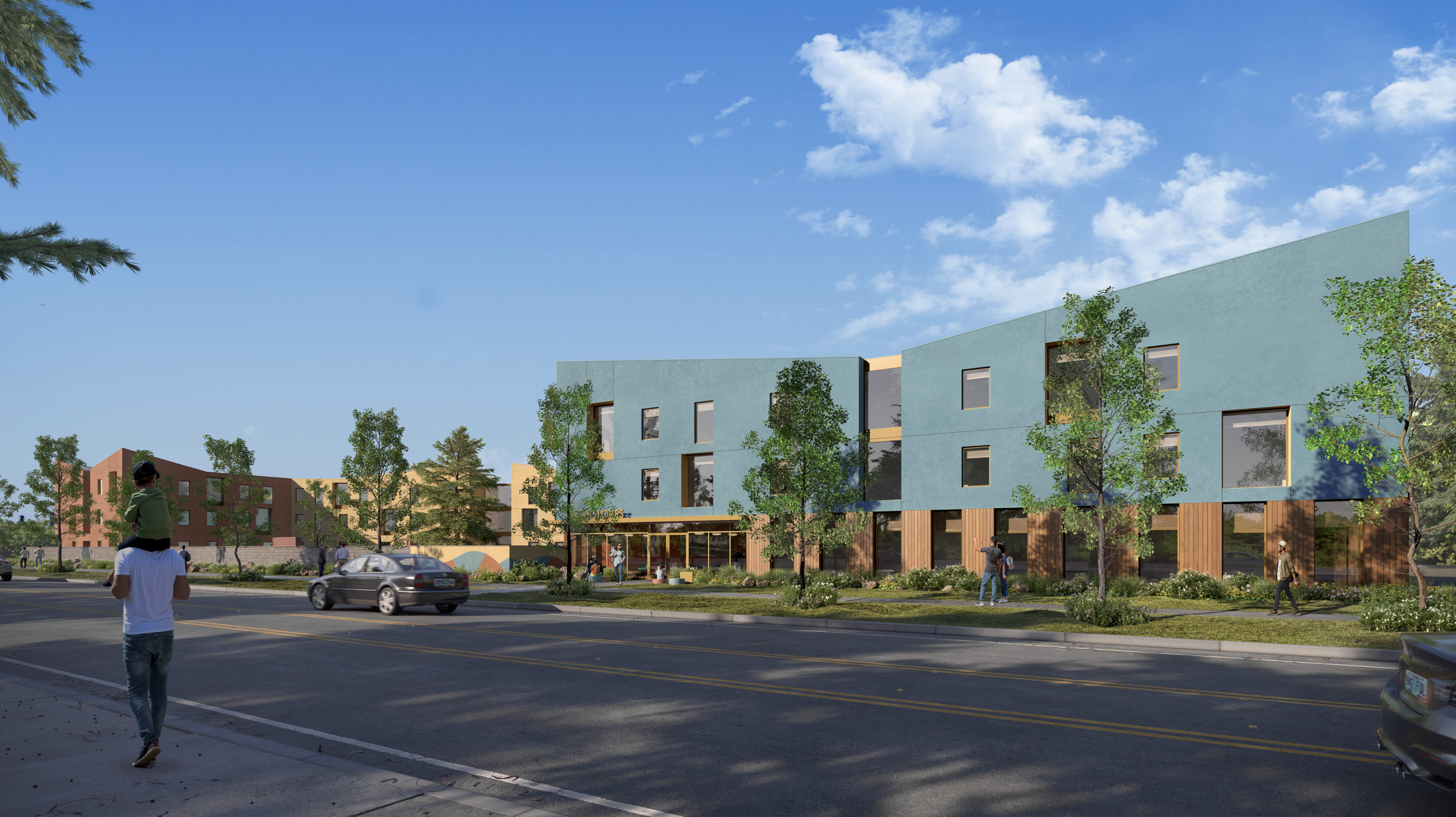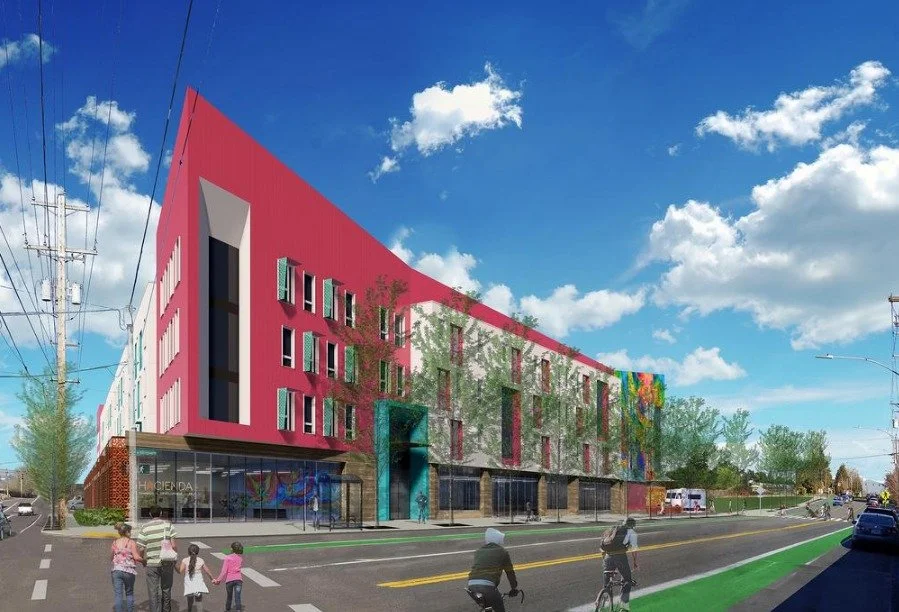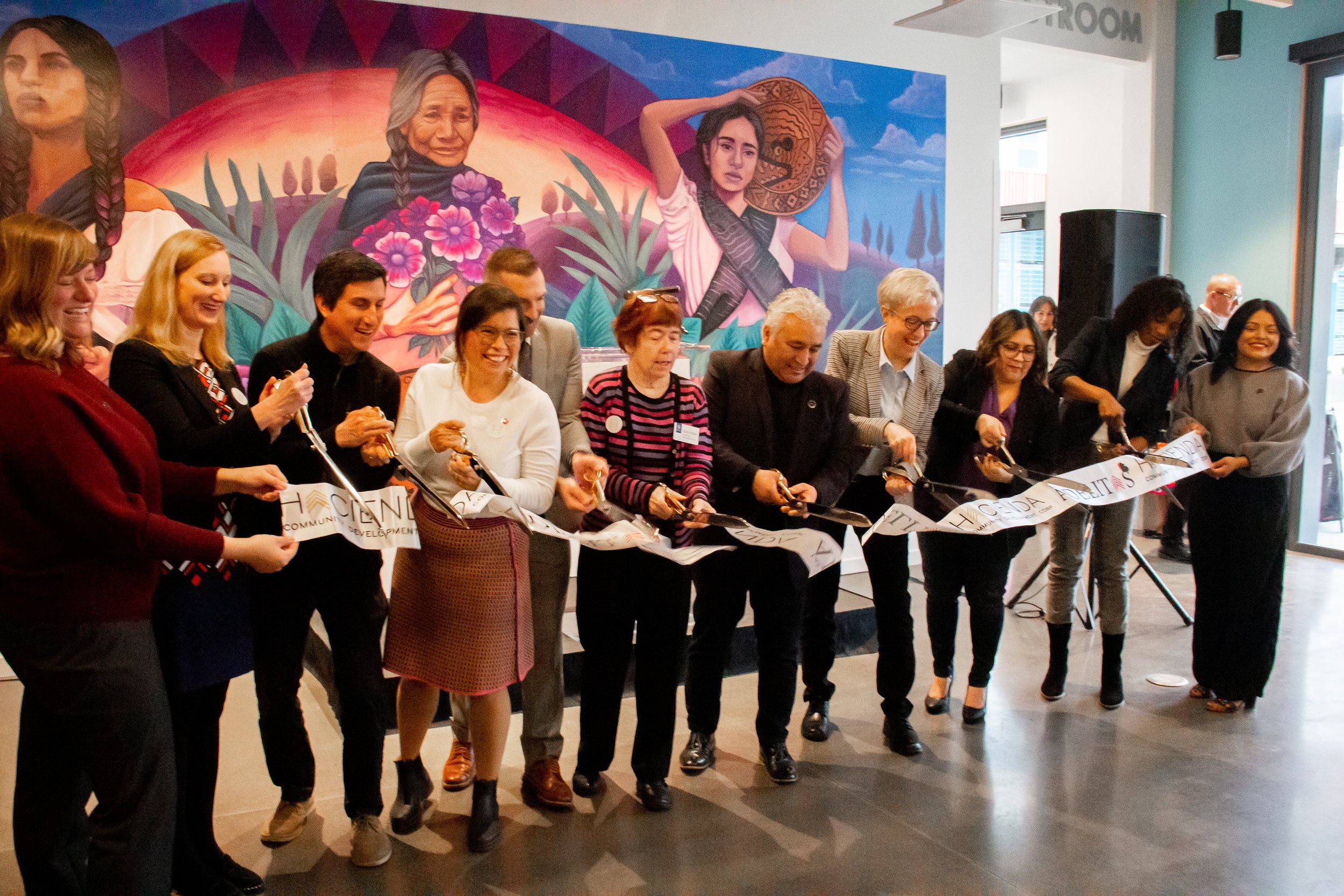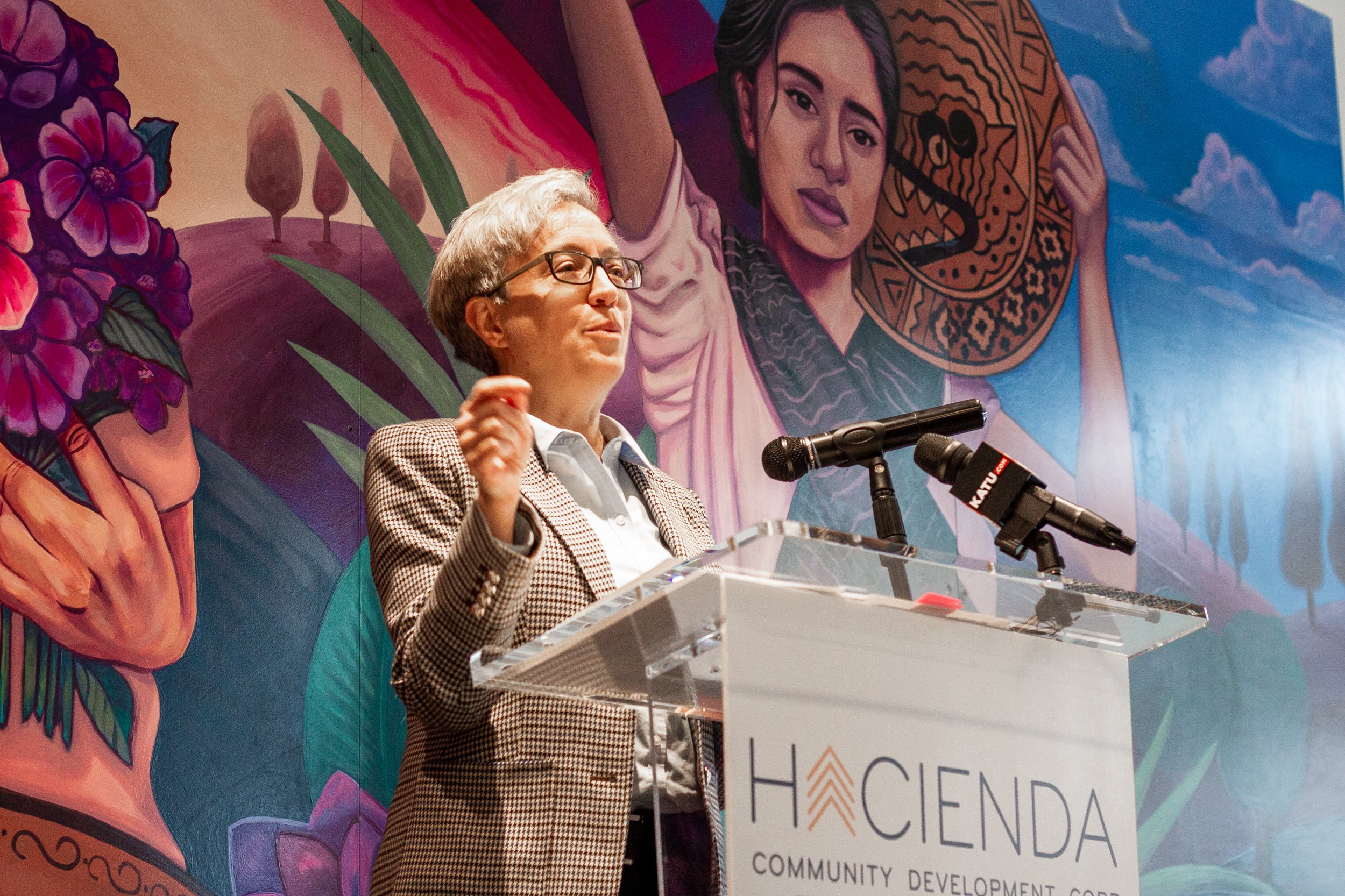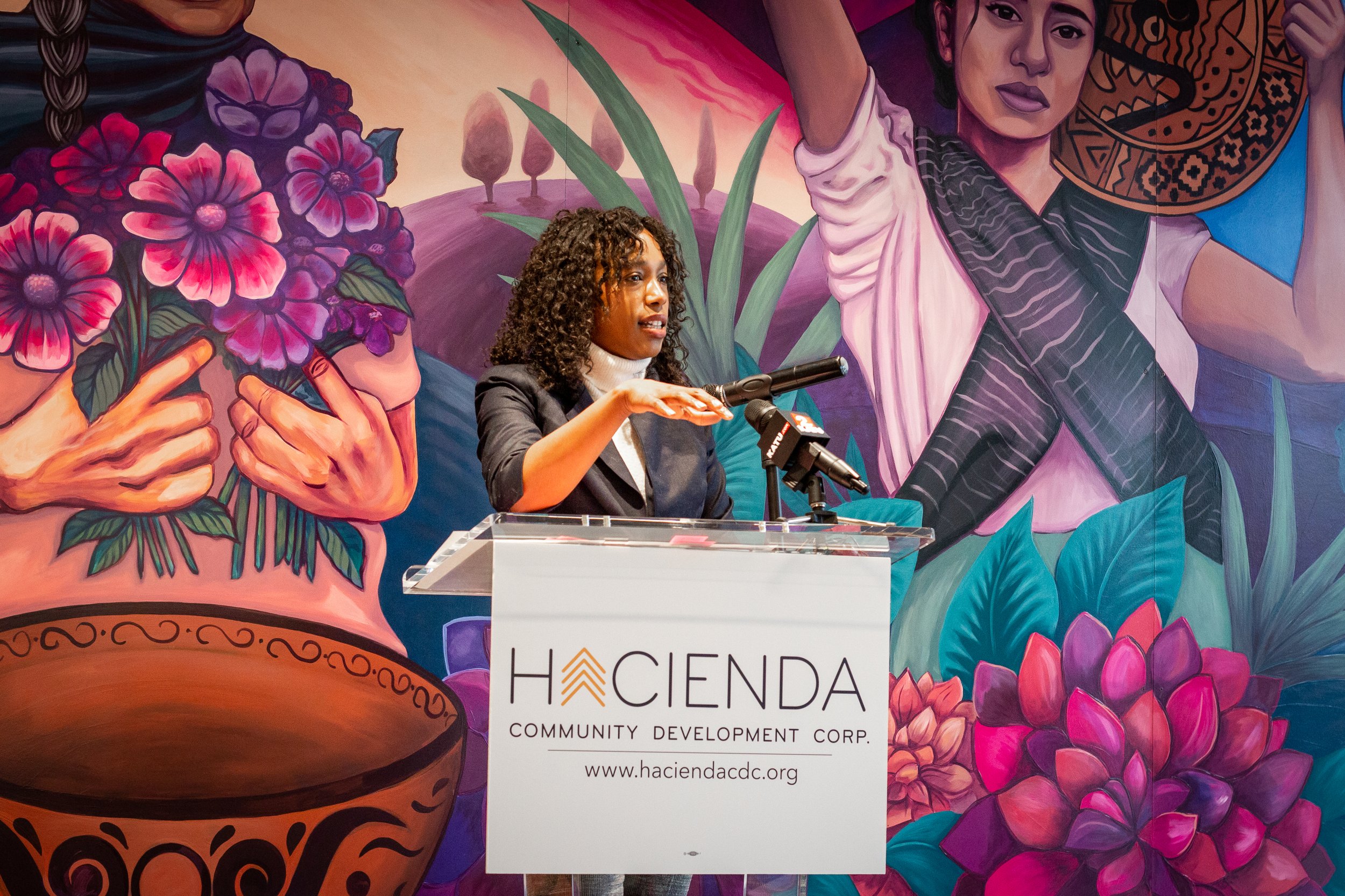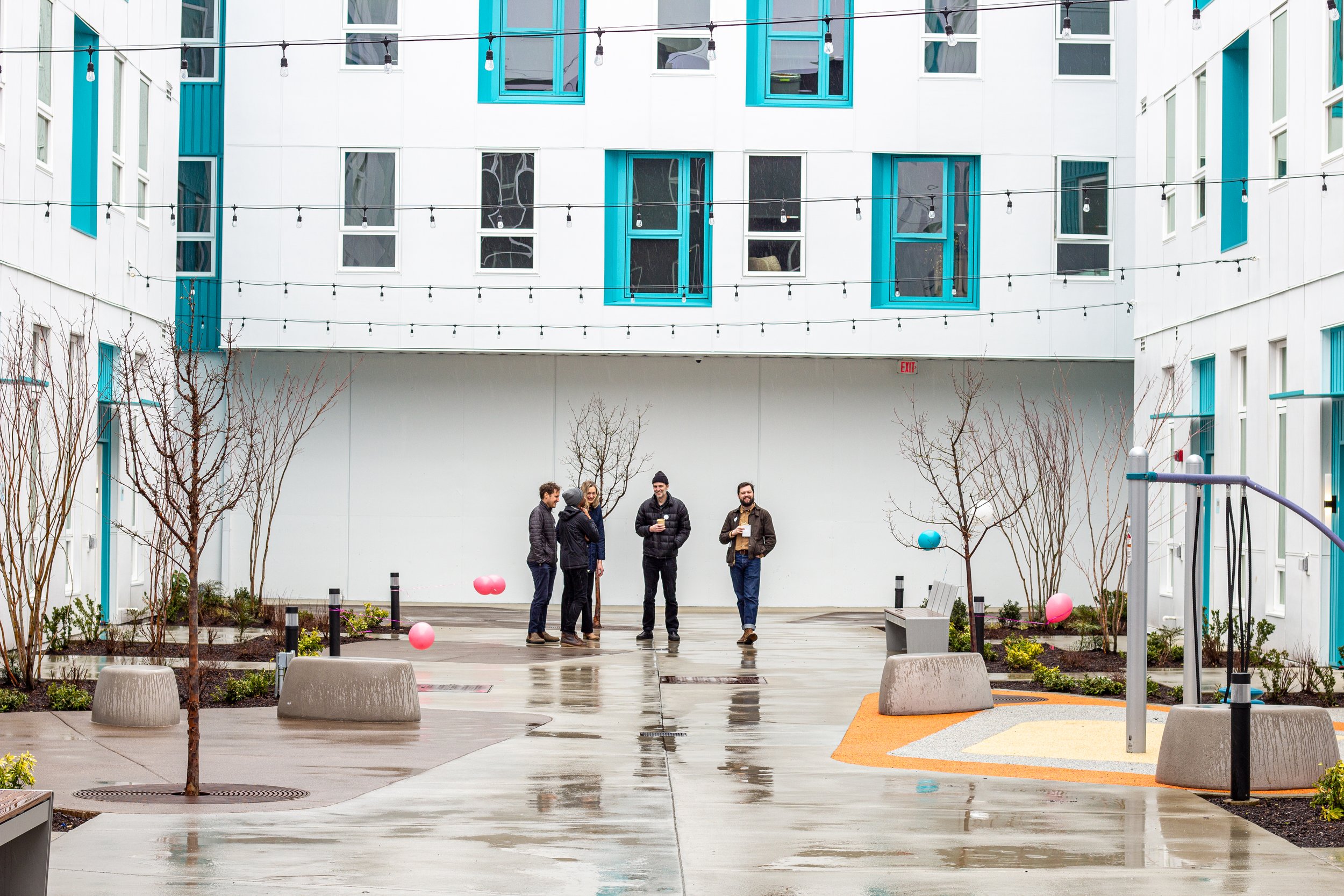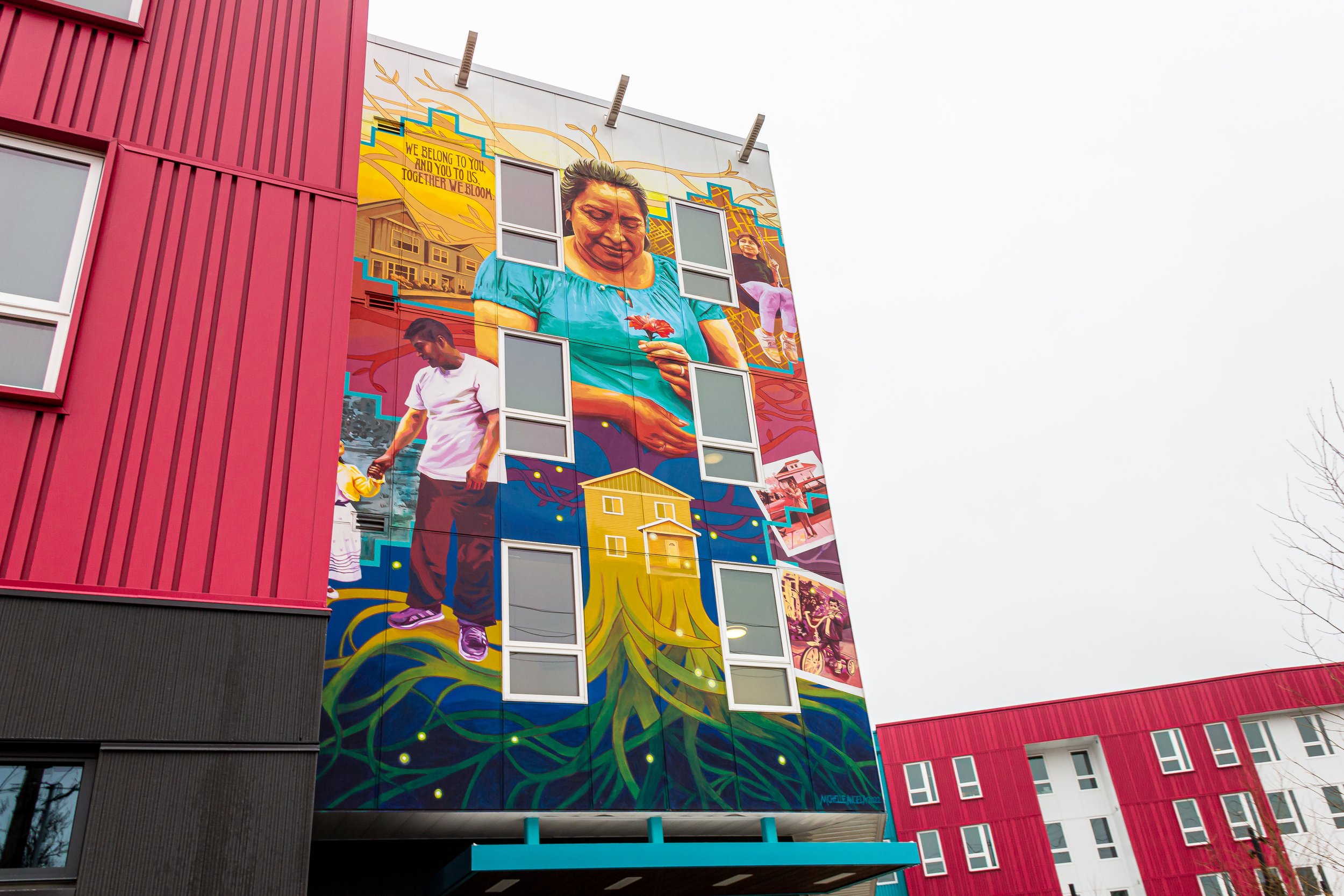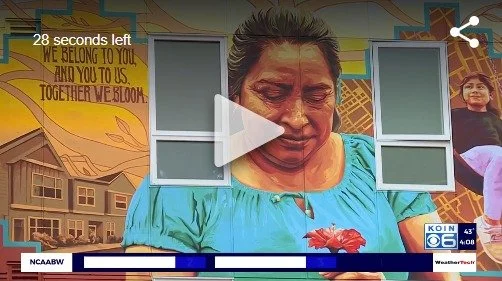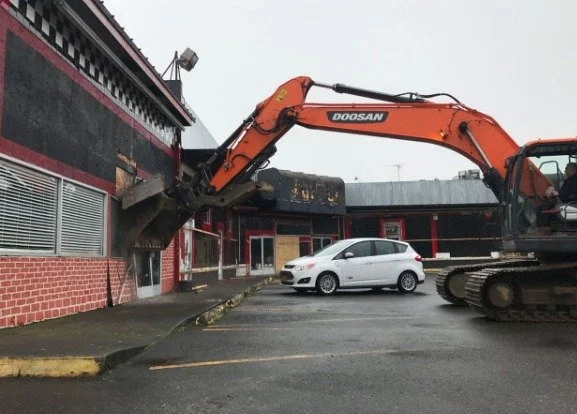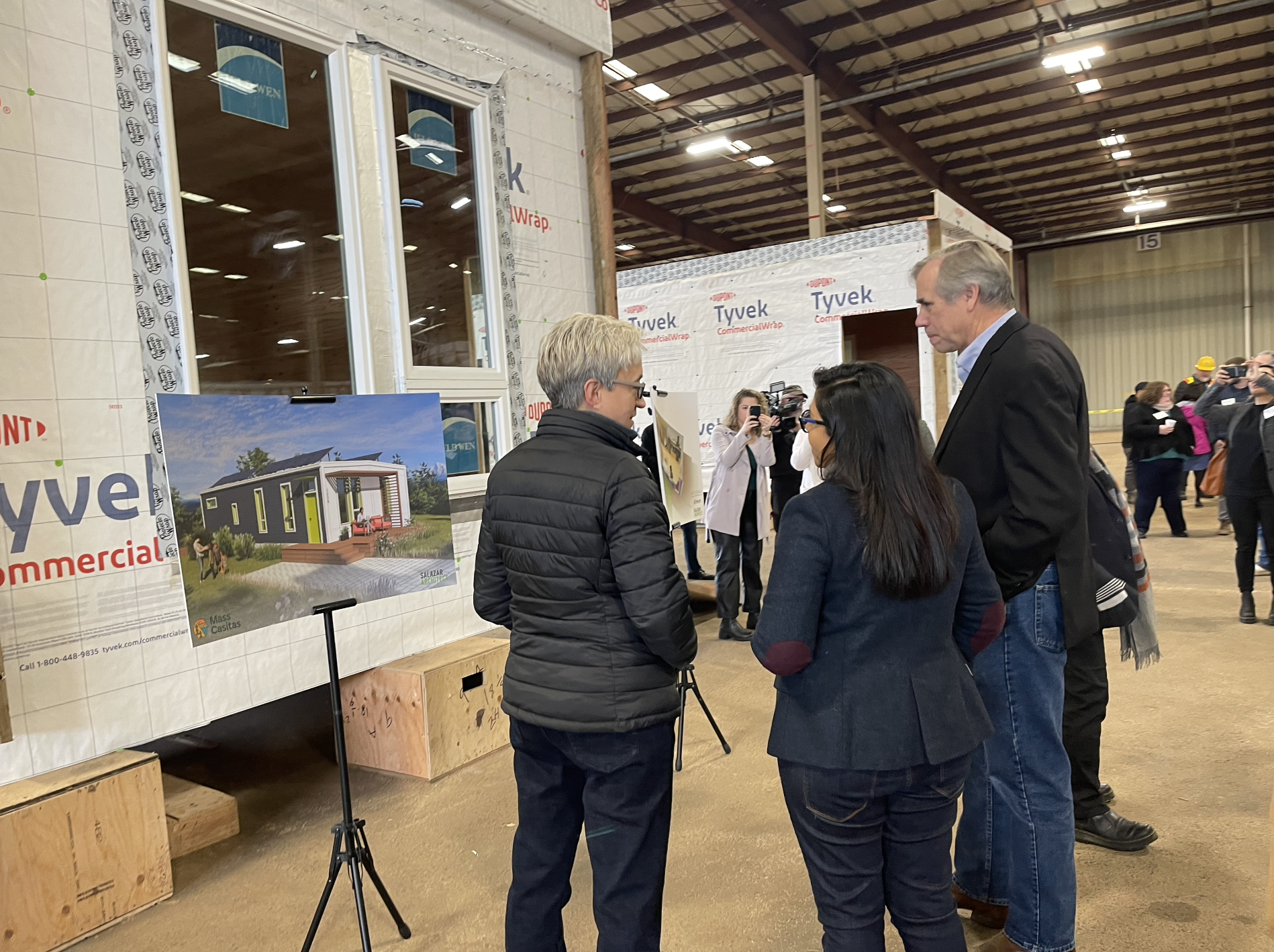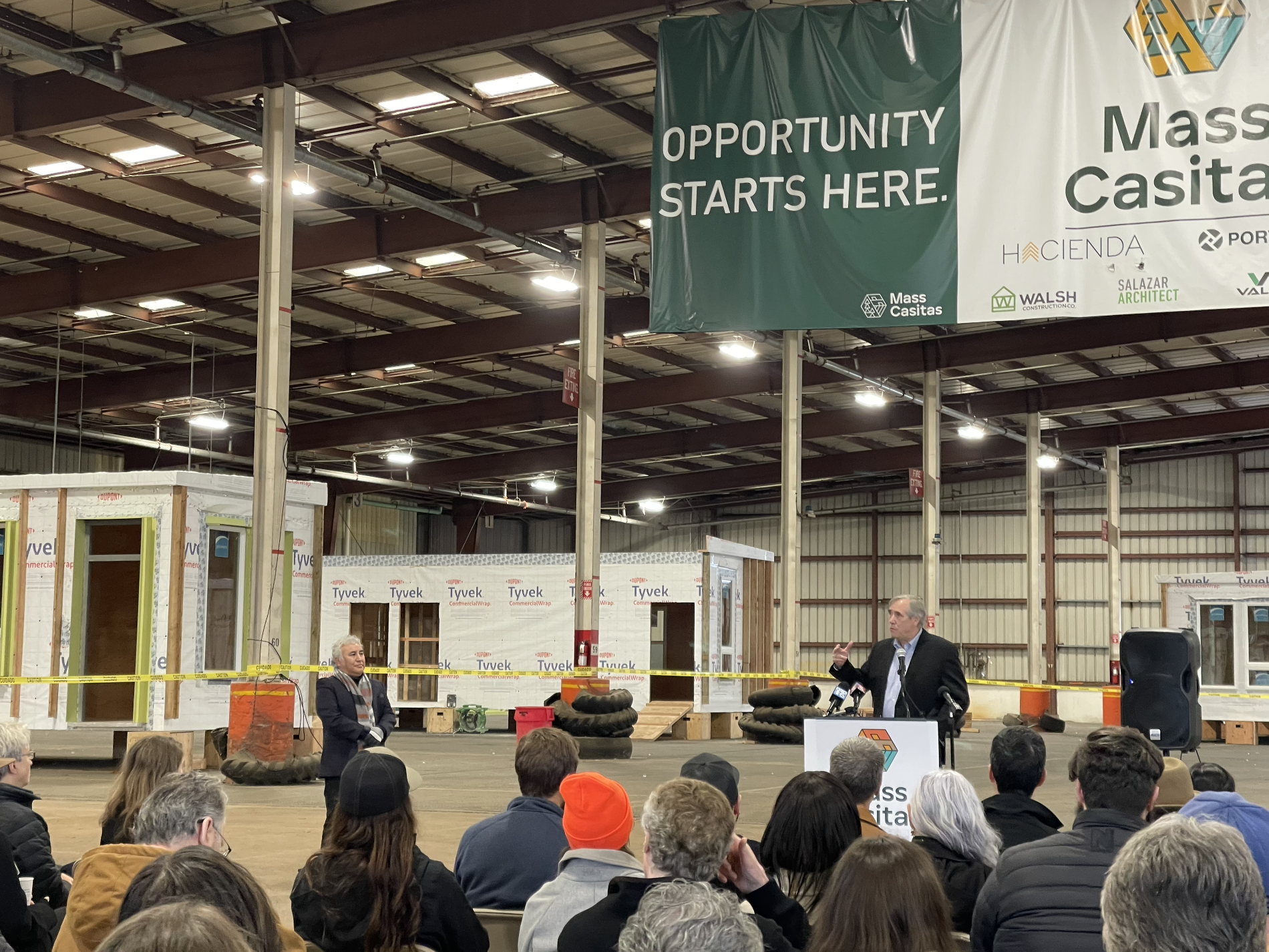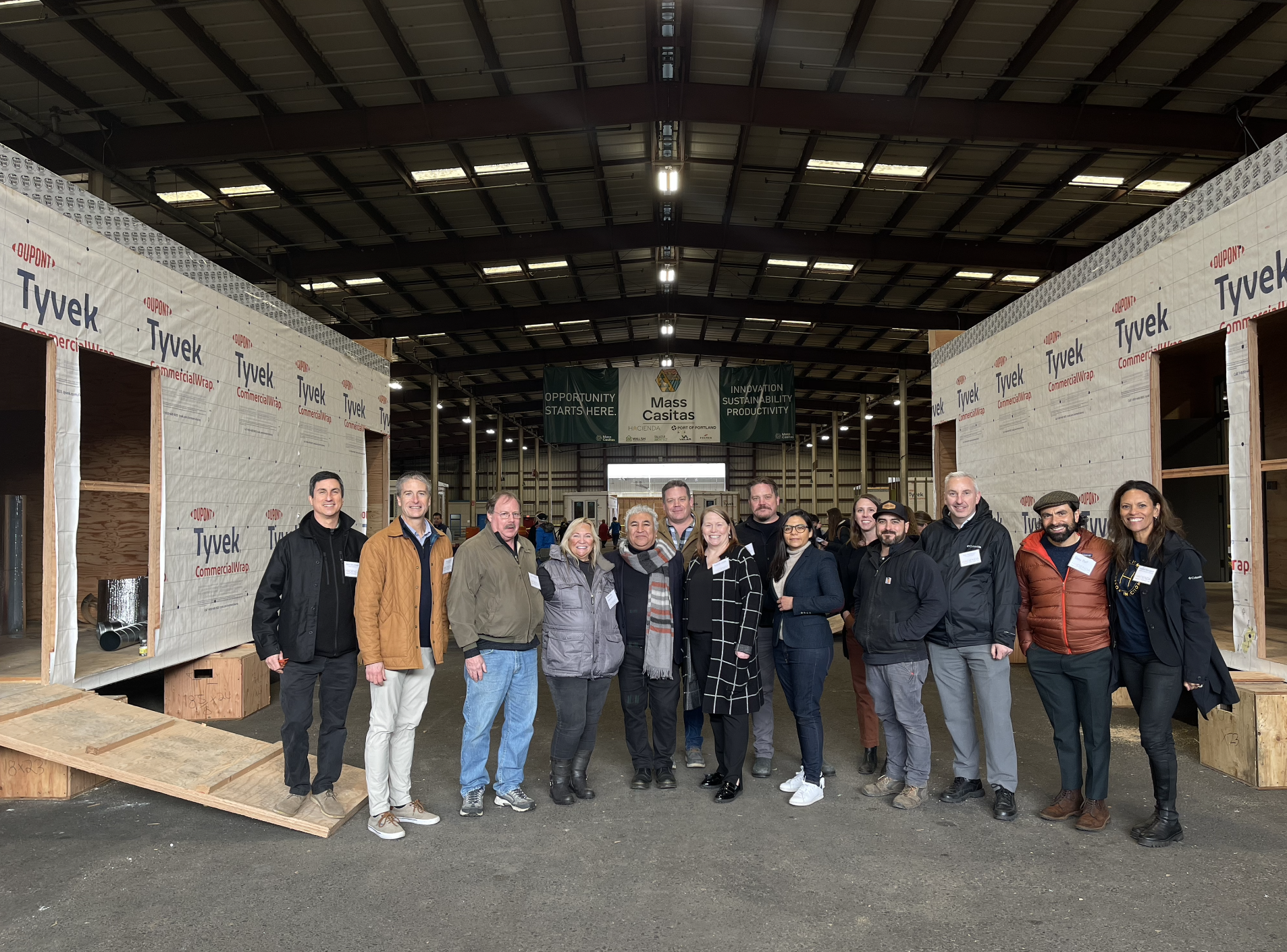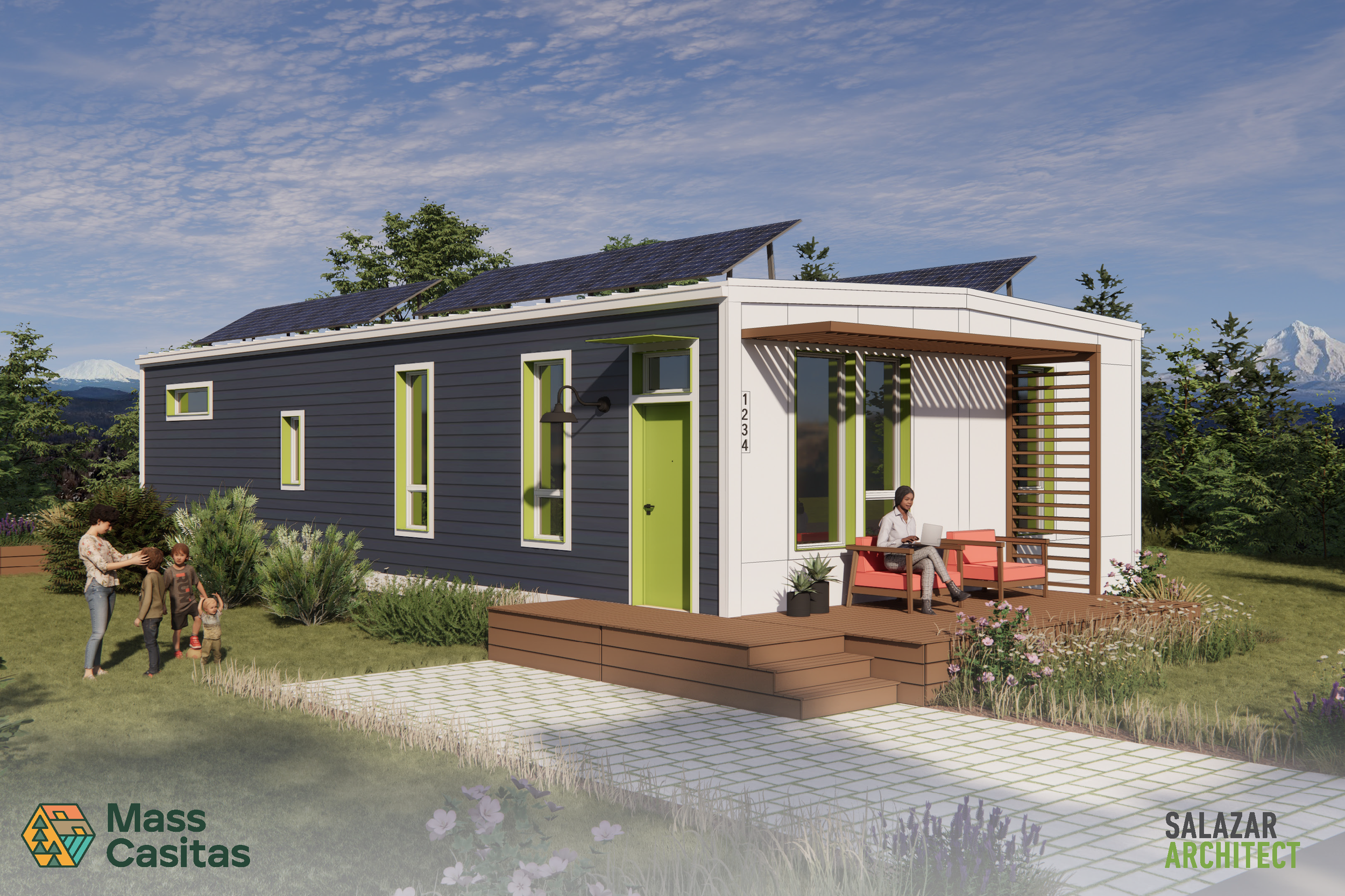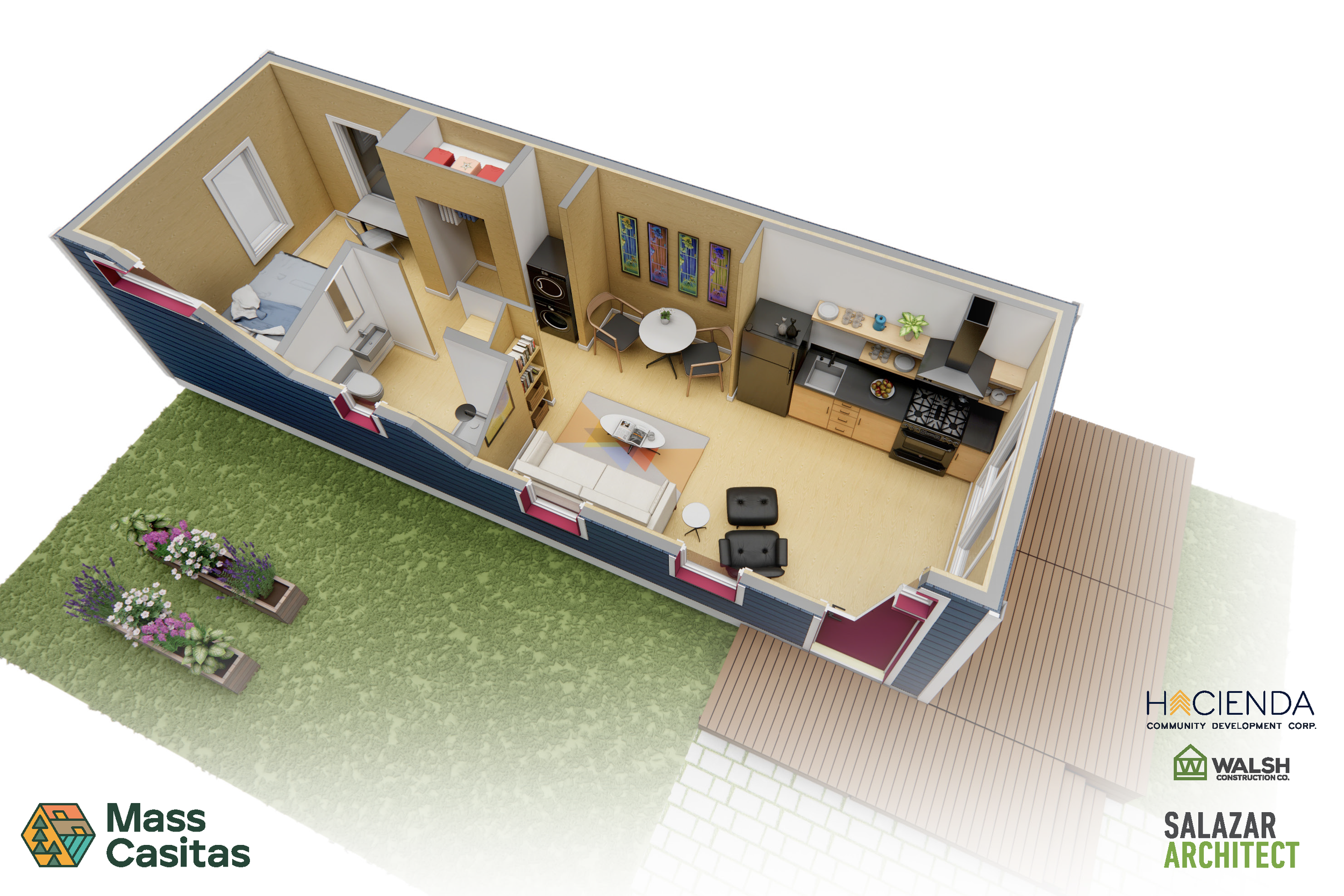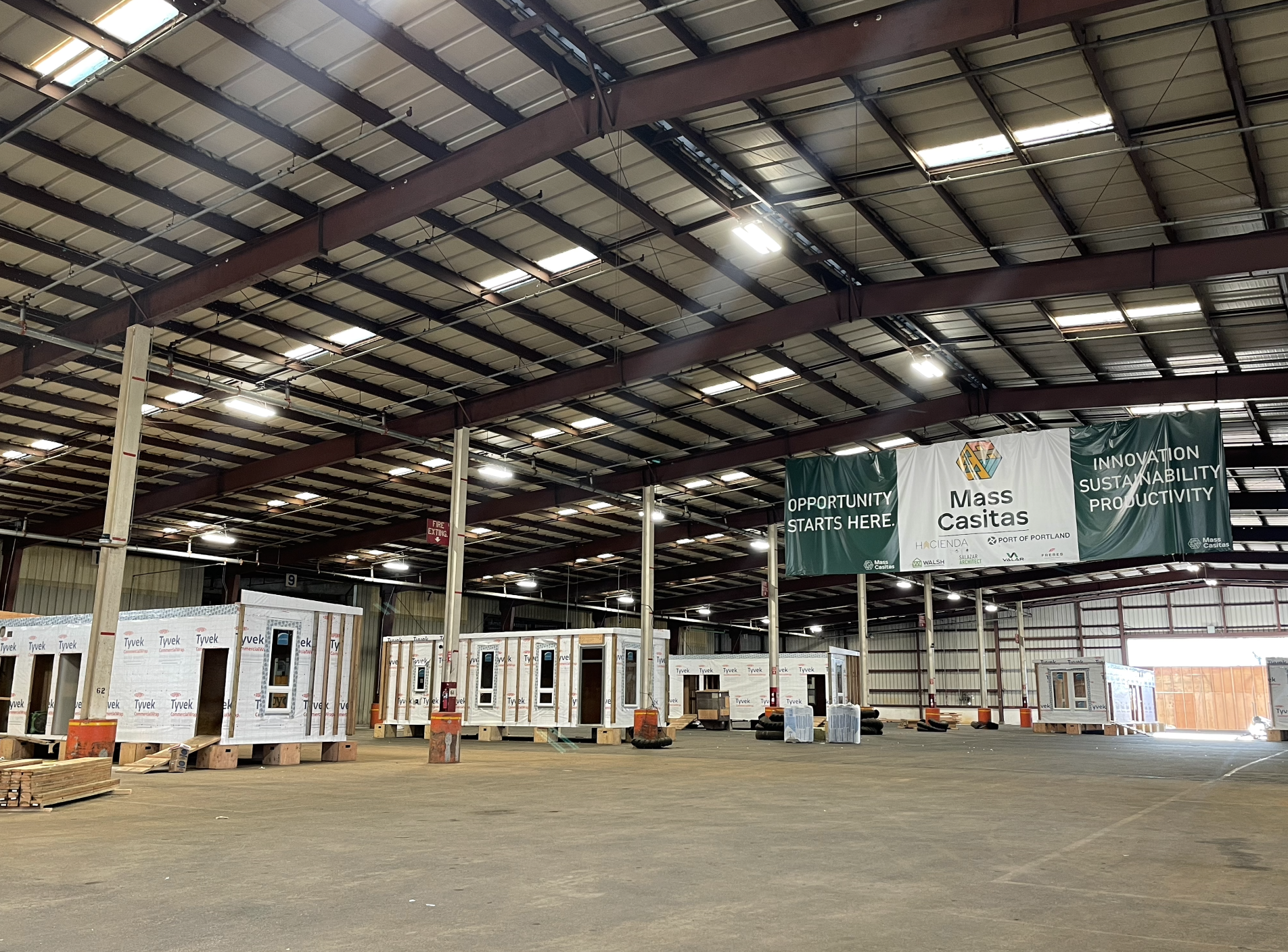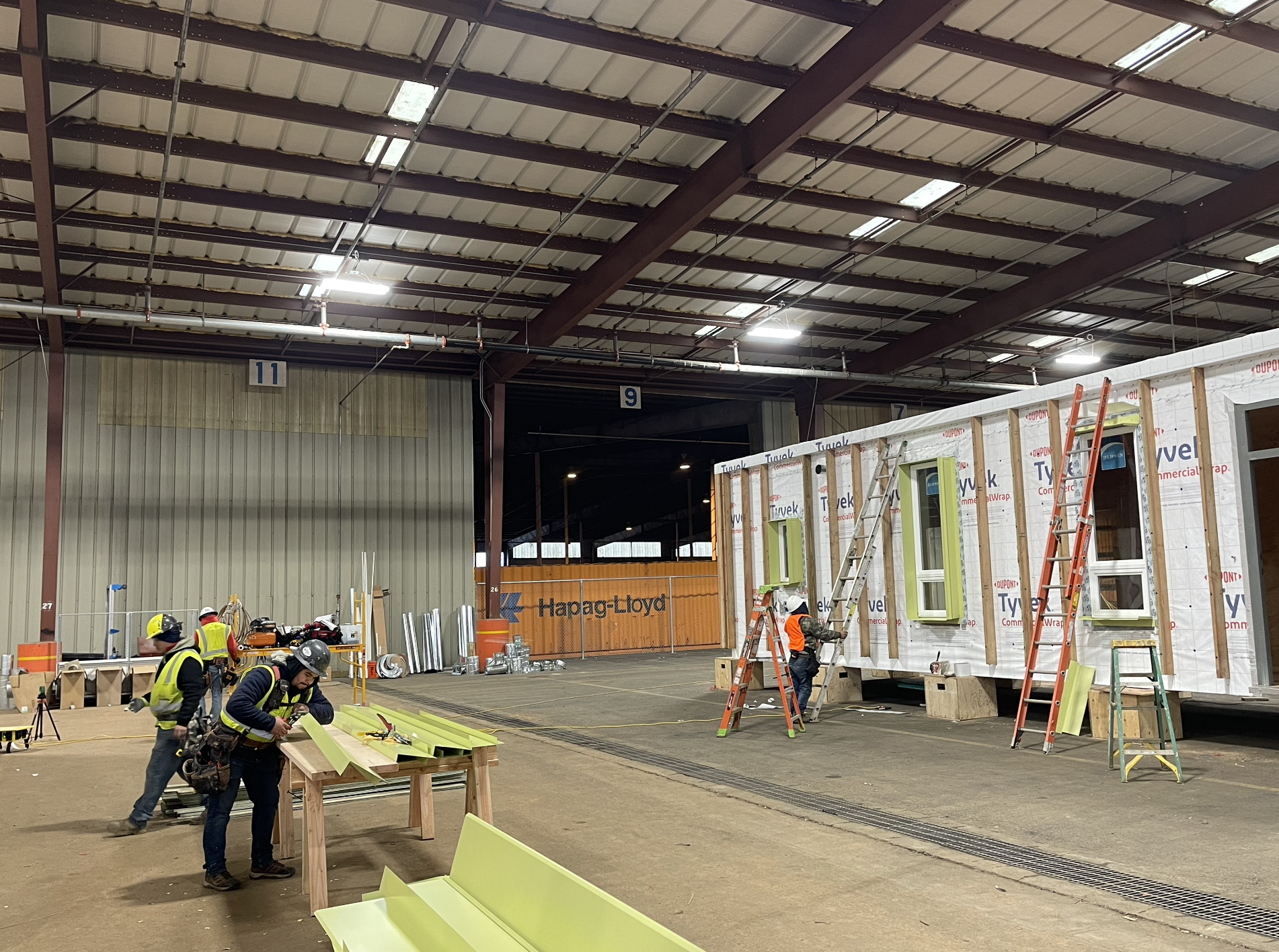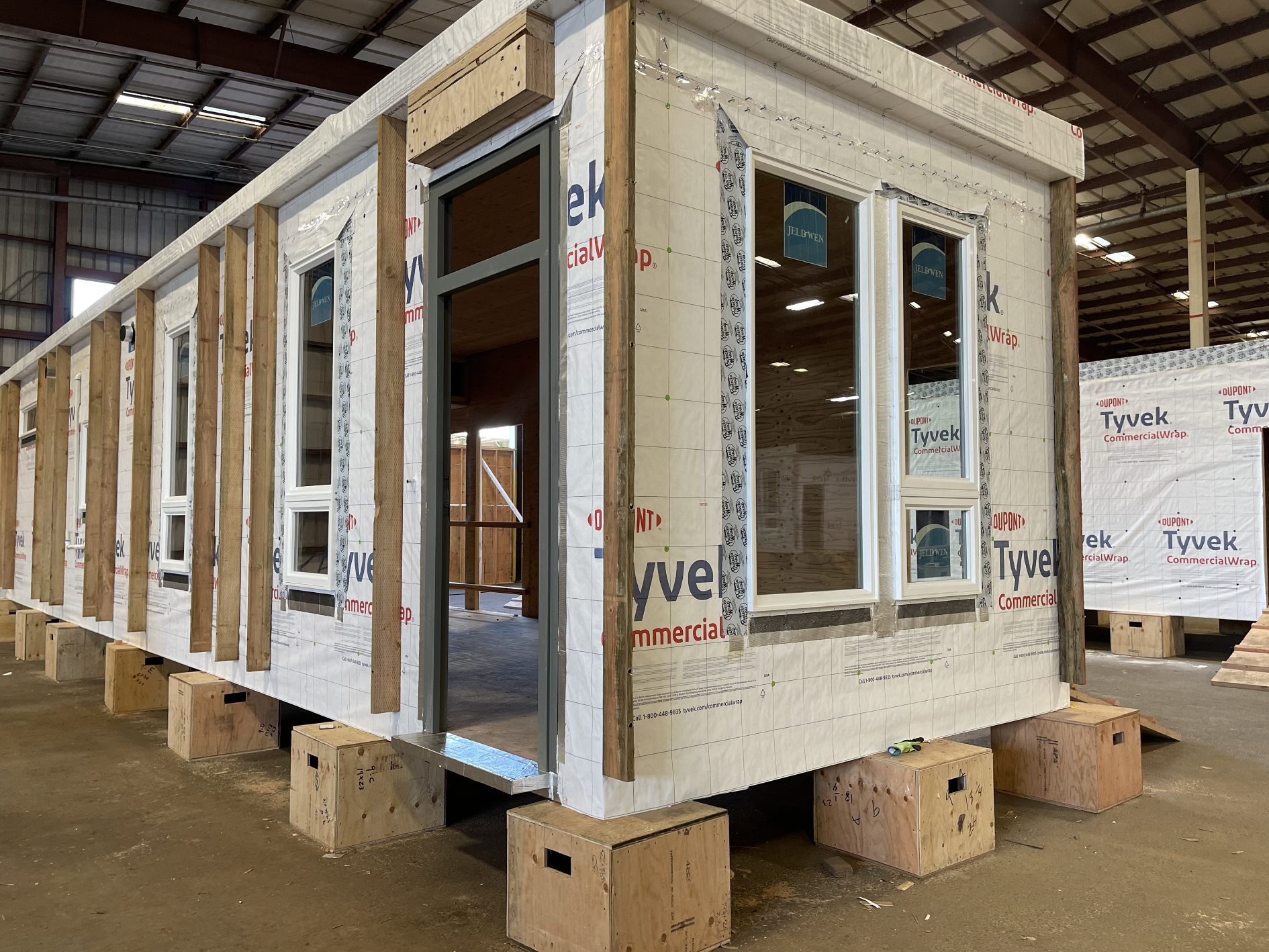Hacienda’s vision will bring 55 new affordable apartments to Lake Oswego
LAKE OSWEGO, Ore.— Clackamas County has granted preliminary funding for Hacienda Community Development Corporation (CDC) to proceed with its proposed affordable housing community in Lake Grove. Hacienda CDC, Oregon's largest Latino-led community development organization, is dedicated to addressing the critical need for affordable housing, particularly for underserved populations. This significant development will be Hacienda CDC's third community in Clackamas County and furthers their commitment to provide affordable housing and holistic programming to communities across the region.
Hacienda CDC's proposal envisions a three-story, elevator-served building on Boones Ferry Road that will provide 55 new affordable rental units and include on-site resident services provided by Hacienda CDC, as well as a host of culturally-specific support and programming for youth and families.
Mackenzie and Access Architecture have united to design the community project that Colas Construction will build. The project site will include open and covered seating, an art-filled plaza, a nature-based playground, and a native plant garden. The community will also feature energy-efficient appliances, 100% electric building systems, rooftop solar panels, passive solar design, and incorporate universal design principles and trauma-informed design, ensuring accessibility, and comfort.
"We are excited to bring much-needed affordable housing options to Lake Oswego and continue our work in Clackamas County. We are honored to have been selected by the County to provide community members with the housing they need and deserve," said Ernesto Fonseca, CEO of Hacienda CDC.
The final community design will be informed by Hacienda’s community engagement process beginning in Fall 2023 and will ensure that the building aligns with the needs and desires of residents and community members. Hacienda is currently seeking community-based organizations and support agencies in the area that would like to be involved in community engagement efforts. Following community engagement, the project will seek approval through the City’s land use development review process.
"Creating housing that is accessible to our full community means creating housing affordable to a wide variety of families through non-profit led development partnerships. The Boones Ferry Road location - with access to high quality schools, premier parks and natural areas, close to employment, transit, and regional access - is exemplary of a high opportunity location befitting the needs of future residents,” stated City of Lake Oswego Mayor Joe Buck. “We are grateful to the neighbors and community members who served on the developer selection committee and are excited to welcome both Hacienda and our future neighbors into our incredible city.”
The Lake Grove project will provide affordable housing to a diverse population, including families and individuals facing homelessness or imminent displacement who require permanent supportive housing (PSH). Out of the 55 apartments, 20 will be rent-restricted to 30% of the Area Median Income (AMI), with 10 of those units dedicated to PSH through coordination with the Housing Authority of Clackamas County (HACC). Supportive services will be provided by New Narrative. The remaining apartments will be comprised of varying unit sizes and rents accessible to low-income and working-class individuals and families earning 60% AMI or below.
“We are delighted that our affordable housing bond dollars will provide 55 more affordable apartments in Lake Grove,” says Board of County Commissioners Chair Tootie Smith. “I applaud Lake Oswego’s commitment to affordable housing, which allows the local workforce community to live closer to their jobs in high-cost areas. This new project helps Clackamas County meet our goals to address homelessness and ensure a safe community for everyone who lives here.”
While Clackamas County's approval is a significant milestone, the project's final endorsement is pending from Metro. Hacienda CDC remains committed to working closely with all relevant stakeholders to move the development forward and provide much-needed affordable housing options for the Lake Grove community. The project is expected to break ground in Fall of 2024.
###
We are building a safe Clackamas County where all people thrive, are celebrated for their diverse identities, and know they belong. Our strategic priorities are to build public trust through good government, grow a vibrant economy, build a strong infrastructure, ensure safe, healthy and secure communities, and honor, utilize, promote and invest in our natural resources.
Lake Oswego, Clackamas County’s largest city, is known for its peaceful neighborhoods, natural beauty, recreational and cultural amenities, highly-rated schools, and sense of community. With a population of approximately 41,000, an extensive parks system, and a full range of retail and commercial services, Lake Oswego is one of the most desirable places to live, work, and play in Oregon. Lake Oswego is proud to be a full-service City with a complete range of municipal departments including police and fire protection, an award-winning library, and a well-maintained parks system. There is a strong sense of community pride as evidenced by the range of City Boards and Commissions, more than 20 neighborhood associations, and a number of civic and cultural organizations. We strive to be a community where any family or individual feels a true sense of belonging. Whether you live in Lake Oswego, work here, or visit, Lake Oswego hopes you see yourself reflected in aspects of our diverse community life.


